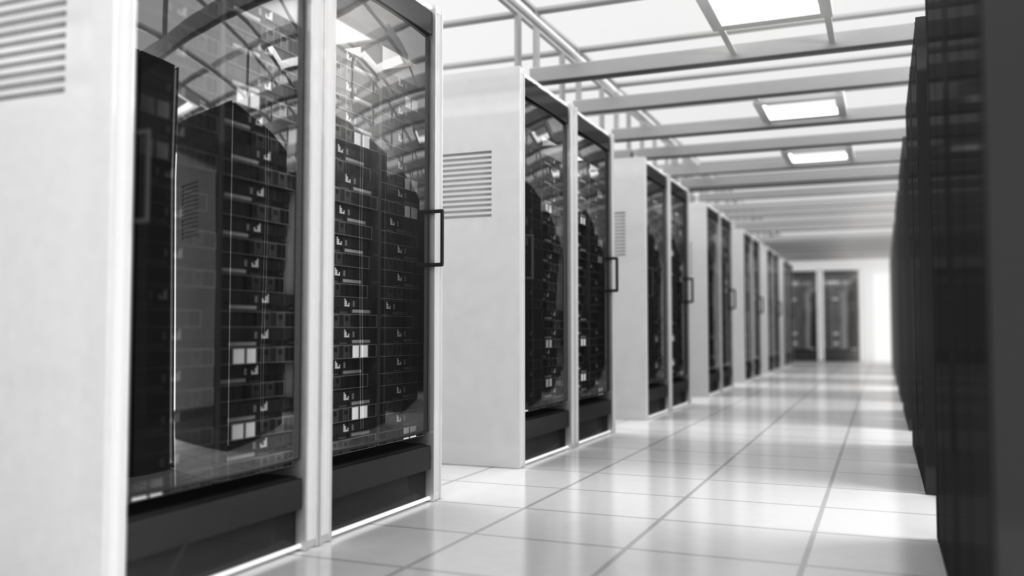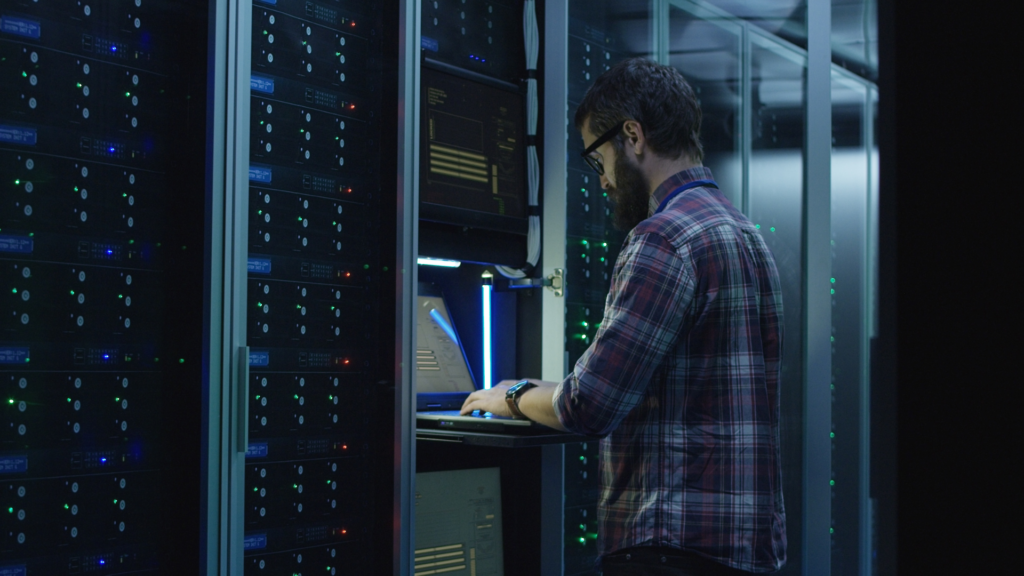
Table of Contents
Retail Colocation: A Key to Scalable IT Infrastructure
In a rapidly digitalizing world, businesses constantly seek efficient, cost-effective ways to manage their IT infrastructure. Retail colocation has emerged as an attractive solution, offering high-density power capacity, enhanced network connectivity, and robust managed services, all while saving businesses from the complexities of managing a data center. Due to these advantages, the colocation market reached over $63 billion in 2022.
This post delves into retail colocation, how it differs from wholesale colocation, and the benefits it brings to businesses. Moreover, we’ll explore how Brightlio, a leading telecom broker, can help businesses find the right retail or wholesale colocation partner from our extensive global network.
What is Retail Colocation?
Retail colocation is a service that allows businesses to rent physical space and power within a data center to house their own IT equipment. Customers purchase the power and space required for their servers, storage devices, and networking equipment, plus their required network connectivity and IP addresses. The data center provider offers the infrastructure necessary for the optimal operation of servers, including cooling systems, power, security, and network connectivity.
The colocation provider allows businesses to leverage advanced data center facilities without the capital expenditure of building and maintaining their own. The key advantage is that it allows businesses to focus on their core operations while leaving IT infrastructure management to experts. It also offers the flexibility to scale up or down as your business needs change.
Additionally, retail colocation services often provide enhanced reliability through redundant power and cooling systems and superior network connectivity, ensuring business continuity and performance. Gartner estimates downtime costs an average of $5,600 per minute, so the increased uptime drives meaningful financial advantages.

Retail Colocation vs Wholesale Colocation
While retail and wholesale colocation are offered by data center providers, their scale and level of service differ significantly. Wholesale data centers serve large enterprises and hyperscalers with considerable IT needs, offering them dedicated spaces known as wholesale colocation space.
The customer leases space in a wholesale data center, essentially occupying an entire facility tailored for their exclusive use. Wholesale providers are essentially providing a private data center. This model primarily benefits hyperscalers – businesses with vast IT requirements, demanding entire buildings or campuses. Wholesale colocation data centers offer these businesses more control over their infrastructure.
On the other hand, retail colocation involves multiple tenants sharing resources within the same space. Depending on their space and power needs, customers might also occupy a private suite or a private cage. Power and cooling infrastructures are managed by the provider, and customers are billed based on the power required and the rack space used.
Advantages of Retail Colocation
Retail colocation benefits businesses, making it an attractive solution for organizations with different IT needs. Let’s explore the benefits here:
Scalability
One of the standout benefits is its scalability. Retail colocation allows businesses to adapt their IT infrastructure to meet changing business needs. For instance, if a company anticipates a period of rapid growth, it can seamlessly expand its data center infrastructure. Conversely, in slower periods, they can downsize without incurring excessive costs.
Reliability
Retail colocation providers ensure a high level of physical security and reliability. These data centers usually have redundant power and cooling systems to ensure IT operations continue even during power disruptions or environmental emergencies. In today’s data-driven world, the cost of downtime can be enormous, making the reliability provided by retail colocation a significant advantage.
Network Connectivity
High-speed and robust network connectivity is another distinct advantage. Colocation providers often offer direct connections for customers to internet exchanges and public clouds. These connections ensure fast, low-latency data transfers, which is crucial for businesses that rely on real-time data processing or have significant data workloads.
High Power Density
With the increasing computational power of modern servers, power density — the amount of power consumed per unit of space — is becoming a key concern. Data centers often offer higher power density compared to on-premise server rooms. This means businesses can run high-performance servers without needing more space, effectively managing their power circuits and meeting their growing connectivity requirements.
Managed Services
Many retail colocation providers offer a suite of managed services. This can include everything from server maintenance, security management, data backup, and disaster recovery. These services offload the IT burden from businesses, allowing them to focus more on their core operations.

Cost-Efficiency
Businesses can significantly reduce their IT expenditures by sharing the infrastructure with other tenants. Instead of investing heavily in private data centers, businesses can leverage shared resources, achieving better economies of scale. This is especially beneficial for small and medium-sized businesses with tighter IT budgets.
Geographic Flexibility
Finally, retail colocation allows businesses to house their servers in strategic locations. This can be crucial for reaching global customers or complying with data sovereignty regulations. Businesses can reduce latency and improve user experience by having servers closer to end users.
Retail colocation offers a comprehensive, scalable, and cost-effective solution for managing IT infrastructure. With high power density, enhanced network connectivity, robust managed services, and superior reliability, retail colocation is an optimal choice for businesses in the digital age.
Partnering with Brightlio for Data Center Services
If you’re in the market for a colocation data center, Brightlio can help. Brightlio is a telecom broker who understands your unique business requirements and complexities when considering colocation services. Whether you need retail or wholesale colocation, we leverage our global network of partners to deliver solutions that meet your needs and budget.
Brightlio’s additional services include networking connectivity, unified communications, public cloud, and advisory services. This allows us to deliver bundled services that address your entire technology stack.
We focus not only on technical aspects but also consider your business objectives and future growth plans. Thanks to our extensive industry knowledge and diverse partner network, we can find the perfect match for your business.
Contact Brightlio today! We welcome the opportunity to be your most trusted and most responsive IT solutions provider.
Recent Posts
Vancouver Data Centers: Colocation in the Pacific Northwest
Business Broadband Solutions: The Ultimate Guide
Let's start
a new project together



